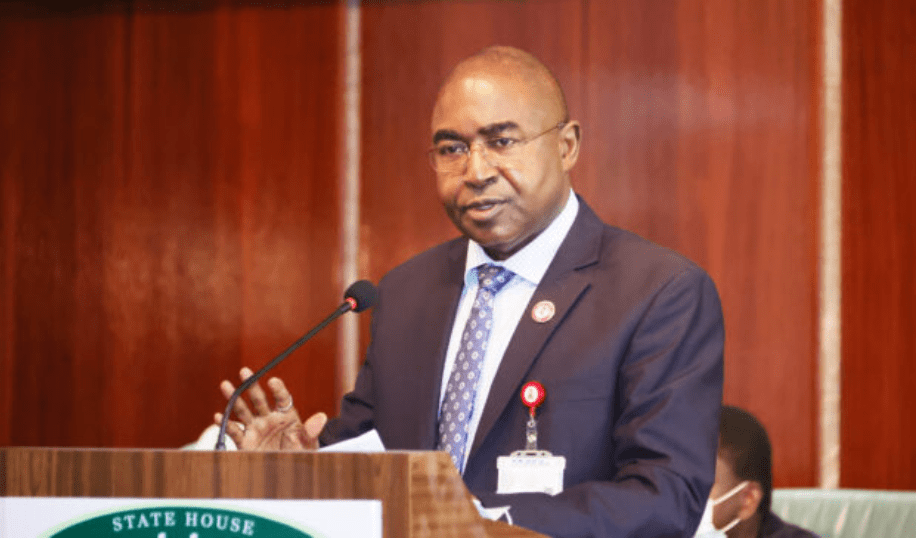The National Drug Law Enforcement Agency (NDLEA) has resolved to establish six standard rehabilitation centres as part of efforts to address the high number of persons suffering from drug addiction in the country, Mr Buba Marwa said on Wednesday.
Marwa who is a retired brigadier general and Chairman/Chief Executive of NDLEA, revealed that the centres would be built in each of the geo-political zones of the country.
He disclosed this in Abuja at the 5th Biennial National Symposium on Drugs and Drug Policy in Nigeria, organised by the Centre for Research and Information on Substance Abuse (CRISA).
“Substance use and abuse around the world, including Nigeria is on the increase in terms of the proportion of the world’s population,” said Marwa who was the Special Guest of Honour at the symposium.
‘Findings from the National Drug Use Survey (2018) conducted by the United Nations Office on Drugs and Crime (UNODC) revealed that 14.4% or 14.3 million Nigerians aged 15 – 64 years had used a psychoactive substance in the past year for non-medical purposes, meaning that one in seven persons have used some substances other than alcohol and tobacco.
‘More worrisome is the finding that among every four drug users in Nigeria, one is a woman. The findings of the survey by UNODC give a troubling portrait of drug abuse in Nigeria and we can no longer live in denial that Nigeria has a thriving illicit drug culture.’
The NDLEA boss stated that as part of efforts to stem the tide, the agency has proposed the construction of six standard rehabilitation centres across the six geo-political zones in the country beginning from next year.
He explained that three of the centres would start next year, as already proposed in the 2022 budget.
‘There is no doubt that substance use impacts negatively on the individual, family and the society in general,’ Marwa said. ‘Substance abuse affects the physical, social, and psychological levels of the user and family members.
‘Evidence has shown that COVID-19 infections are higher or more common with people diagnosed with Substance Use Disorders (SUDs), hence addiction care must be reinforced in order to avoid complications of SUD and COVID-19.
‘Reducing the demand for illicit drugs in the society depends to a large extent on the successful treatment of existing drug users. This fact accounts for the shift in global drug policy viz the treatment of drug problems as a public health issue.
‘Consequently, we have operationalised our standard practice and policy guidelines, a treatment and rehabilitation document developed in conjunction with UNODC. The document, like a field manual, provides synergy among our counsellors and further boosts our capability at treatment and rehabilitation.’
Other dignitaries who spoke at the event include the Chairman of the House Committee on Judiciary, Onofiok Luke; Executive Director of CRISA, Professor Isidore Obot; as wells representatives of the European Union, UNODC, and Prof Ibrahim Wakawa who delivered the keynote address.
AFRICA TODAY NEWS, NEW YORK

